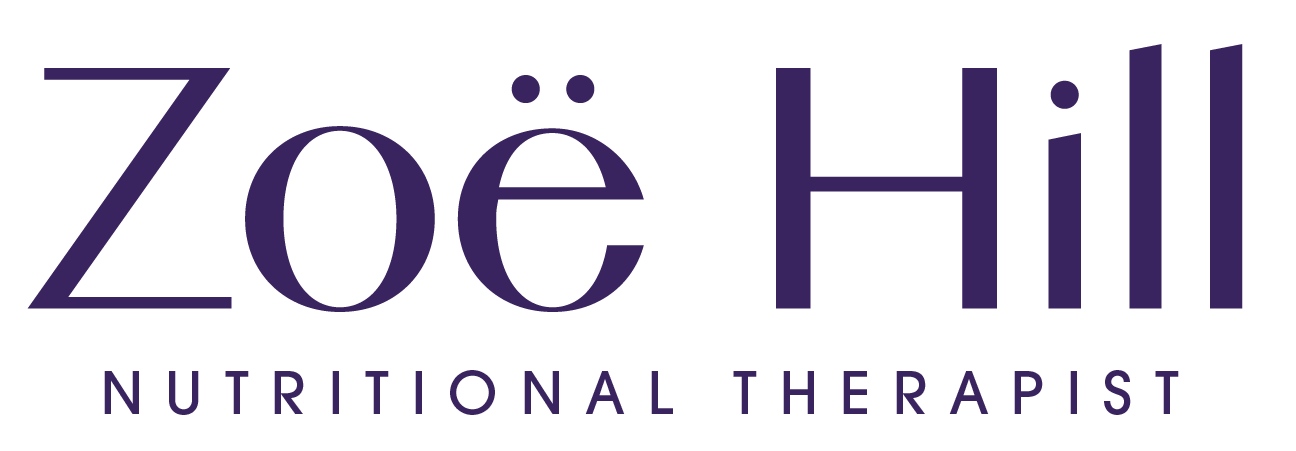Low GI carbs & PCOS
The quality of carbohydrates you consume throughout the day affects the amount of insulin your body makes. Elevated testosterone levels are a key feature of PCOS. The ovaries, which make testosterone in women, are very sensitive to insulin and produce too much testosterone in response to high insulin. It is hence particularly important for women with PCOS to control the amount of insulin their bodies make.
The glycemic index is a number which refers to how much certain foods increase blood-sugar.
Low GI foods = 0-55
Medium GI = 56-69
High GI foods = 70-100
The more processed and refined a food is, the higher the glycemic index tends to be. One way you can manage your insulin levels by opting for low-GI carbohydrates as opposed to high GI.
A 2010 study compared two groups of women who had PCOS. Both ate the same amount of calories and the same proportion of macronutrients, but one group ate low-GI carbohydrates and the other group ate high-GI carbohydrates. The women who ate the low-GI carbohydrates made a three times greater improvement in insulin levels and had more regular periods than the women who ate the high-GI carbohydrates.
In addition, insulin acts as an appetite stimulating hormone. To reduce cravings and to help slow down the release of sugar into your blood-stream, pair low-GI carbohydrates with a good source of protein and half a plate full of vegetables (which are high in fibre).
Glycemic Index (GI) of common carbohydrates:
White rice - GI: 85 vs Brown rice - GI: 50
White baguette - GI: 80 vs Brown bread - GI: 70
Sourdough bread - GI: 50 vs Wholemeal rye bread - GI: 40
White paste - GI: 55 vs 100% stoneground wholewheat pasta GI: 30
Mashed potato - GI: 80 vs Lentils - GI: 30
Mango - GI: 60 vs Plum - GI: 34
Skimmed milk - GI: 35 vs Whole milk - GI: 22
Porridge - GI: 55 vs Breakfast cereal GI: 80

